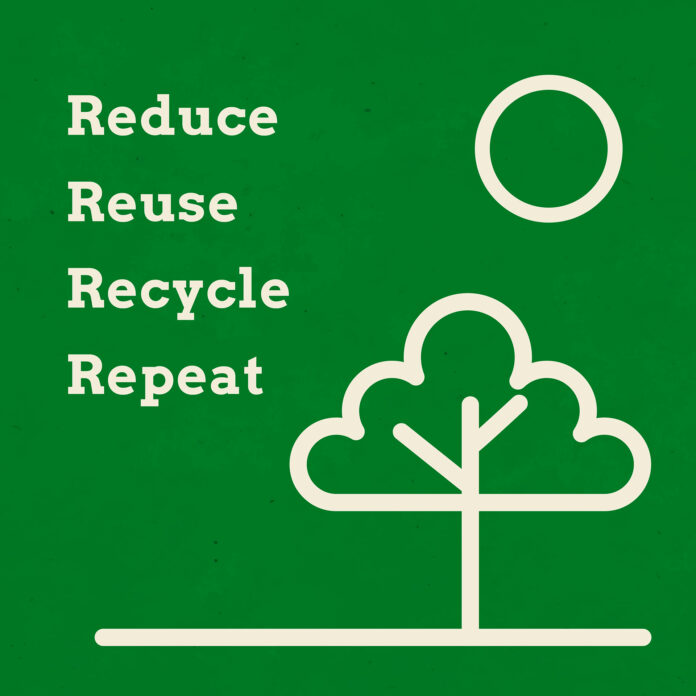In today’s world, where resources are becoming scarce and climate change is an increasing threat, it is more important than ever to use energy responsibly. By making simple changes to our everyday lives, we can not only reduce our costs, but also make a valuable contribution to protecting our environment. Here are some practical energy-saving tips that anyone can implement:
Save water:
1. showering instead of bathing: A short shower uses significantly less water than a full bath. By avoiding bathing and showering instead, you can save a lot of water.
2. washing dishes in a water bath: When washing dishes by hand, it is more efficient to use a sink filled with water instead of letting the water run. In this way, less water is used.
3. use the washing machine efficiently: Wait until the washing machine is fully loaded before switching it on. In addition, only use the required amount of washing powder and select the right temperature for the wash cycle to save energy.
4 Dry with care: If you use a tumble dryer, select the “Cupboard dry” setting to save energy. Alternatively, you can leave the laundry to air dry.
5. mop sparingly: When cleaning floors, it is often sufficient to mop them only slightly damp instead of using large amounts of water.
Using heat efficiently:
1. optimum heating setting: Set your heating thermostat to the middle position (usually level 3) to keep the room temperature comfortable and save energy at the same time.
2. free radiators: Make sure that your radiators are not covered or blocked so that the heat can circulate freely.
3. effective ventilation: Ventilate your rooms regularly by opening windows and doors fully for about 5 minutes. This lets in fresh air and removes moisture and bad air.
4. targeted ventilation after cooking or showering: After cooking or showering, first open the window to let the steam out and then open the room door to remove the moisture from the room.
5. keep doors closed: Keep doors to unheated rooms such as hallways or stairwells closed to prevent warm air from escaping and wasting energy.
Save electricity:
1. efficient use of the refrigerator: set the thermostat of your refrigerator to the middle position and make sure that the door is not left open unnecessarily long to reduce energy consumption.
2. correct use of electrical appliances: When buying new electrical appliances, you should look for the best possible efficiency class to save energy in the long term.
3. targeted switching off of appliances: Switch off electrical appliances completely after use and use switchable power strips if necessary to avoid standby consumption.
4. efficient lighting: Use lighting in the evening and at night only when needed and use energy-efficient LED or energy-saving lamps to save electricity.
By implementing these simple energy-saving tips, we can all help to conserve resources, reduce costs and make a positive contribution to climate protection. Every small step counts on the way to a more sustainable future for all of us and future generations.
Read also: Can AI help in the fight against climate change? If so, how?



